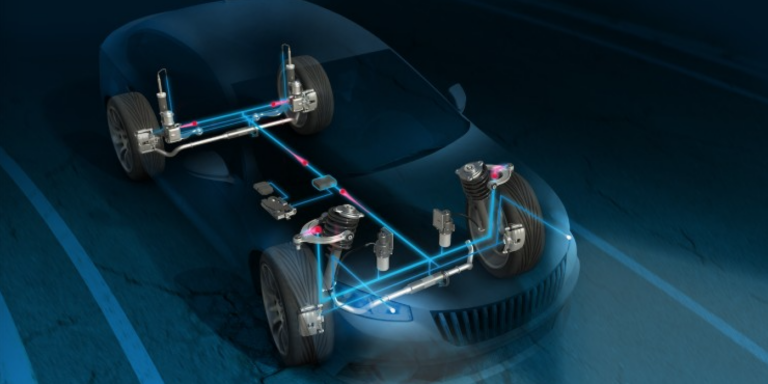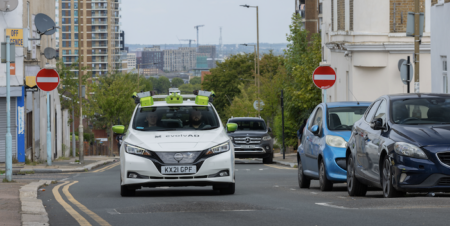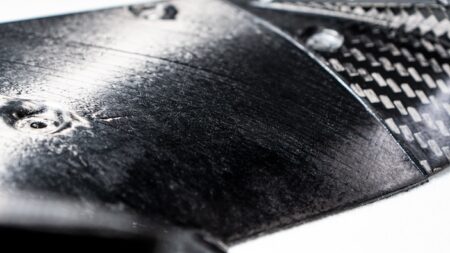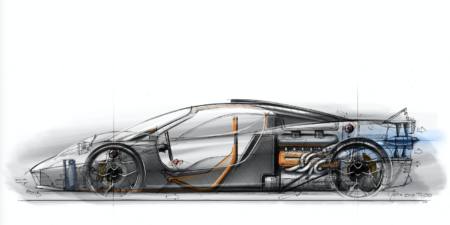The future of driving is heading towards greater levels of automation, with onboard sensors generating huge amounts of data, which algorithms can process to inform system updates, the next versions of systems, and even to enable new business models. ZF is working to capitalise on these advances, combining its chassis and sensor technologies to create intelligent chassis.
ZF’s engineers recently developed a height-level sensor that can be integrated into a suspension control arm, which they say offers functional diversity and data gathering capabilities that extend far beyond its original purpose. Instead of being installed separately in the body, the sensor is integrated into the chassis bearing, bringing advantages in terms of durability, cost, weight, ease of installation and versatility. In addition to dynamic headlight range adjustment, the sensor supports various semi-active and active systems for chassis regulation. Production of this smart chassis component is due to begin in 2023.
The further advantage ZF is aiming for, of new data-driven business opportunities, can begin with this component. “Our evaluation algorithms give sensors the intelligence they need to offer customers added value in very different areas,” stated Steffen Reichelt, head of the chassis components product line at ZF. “The data the sensor collects yields additional information about the vehicle, its surroundings and the road surface. These insights are especially valuable for commercial vehicle users and fleet owners, as well as for road infrastructure maintenance.”
ZF is currently developing the software required for this advanced data analysis. For example, with its memory for disruptive road features, the sensor can capture the location of road defects or high kerbs, which can be recalled in later journeys, with the system then adapting the chassis accordingly to improve ride comfort and help avoid damage. The sensor can also detect differences in vehicle load, and thereby determine the relevant information for electronic safety systems.
ZF says it could also integrate further sensor functions into smart chassis components in the future – for documenting the technical condition of a rental vehicle, for example. This is important if, in the future, more vehicles are operated by different users as part of new mobility concepts, without their condition being checked before or after a change of driver.
If the sensors become sufficiently widespread, the transport infrastructure could also benefit, as the analysed data could provide information about the condition of roads and bridges. Weak points such as cracks or potholes in the road surface could be detected and repaired much more quickly and efficiently in this way.
“Our smart chassis components are important for the digital future of mobility,” added Reichelt. “With our series technology, we are already laying a foundation for ‘Next Generation Mobility’ today.”





